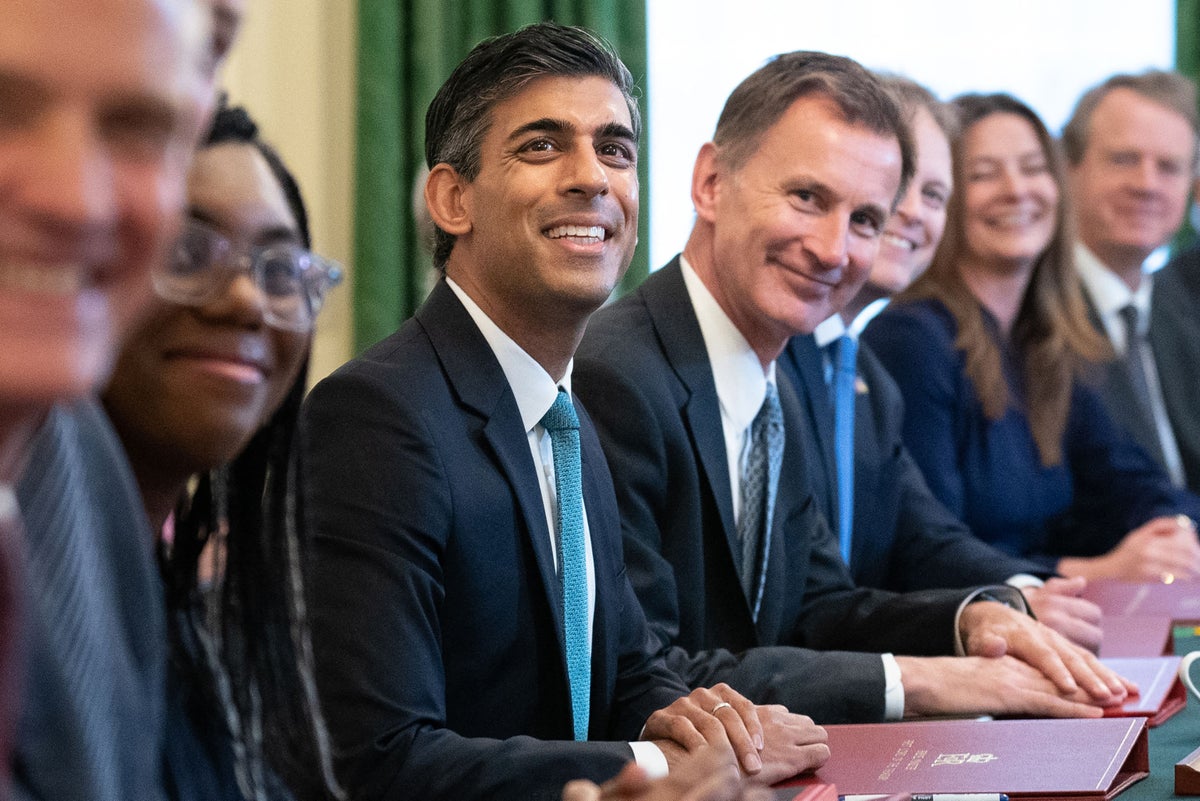
UK government ministers hold meetings with climate deniers "all the time", a government spokesperson has said.
The admission comes after it emerged that business secretary Kemi Badenoch dined with lobbyists from a controversial US think-tank.
Ms Badenoch met representatives of the American Enterprise Institute (AEI) in November, an investigation by the website OpenDemocracy established.
The AEI has been accused of repeatedly “distorting” climate science, and most recently described a landmark 2021 report by the United Nations Intergovernmental Panel on Climate Change (IPCC) as “alarmist” and “deeply dubious”.
A report published by the lobby group claimed it would be “beyond irresponsible” for governments to try and address climate change on the basis of the evidence.
The dinner with Ms Badenoch took place during an official visit to the US in November, where the minister also met with another US think tank, the Cato Institute.
That organisation is in part “focused on disputing the science behind global warming and questioning the rationale for taking action”, according to campaigners at Greenpeace US.
Greenpeace says describes AEI as a "climate denial front group" and says it tries "to de-emphasise the environmental and economic risks of climate change, exaggerate the costs of addressing the problem and question the value of putting a policy in place at all".
When Ms Badenoch stood to become leader of the Conservative Party she said she would scrap the government's plan to reach net zero, describing it as "unilateral economic disarmament".
Responding to the story, a Department for Business and Trade spokesperson told openDemocracy that the business secretary “all sorts of stakeholders that have different views" and that "it’s no different to what it’s like in the UK”.
The spokesperson added: “There are various think tanks in Westminster that have sceptical views about climate change and ministers meet these people all the time."
A spokesperson for the AEI told The Independent the organisation does "not take institutional positions and does not engage in lobbying or advocacy work".
"On climate research, as on every other policy issue, our scholars do not conduct contract research, and have complete academic freedom to follow their own research to conclusions, even if they disagree with management or each other," they said.







